
Helen Thompson is the multimedia editor at Science News. She makes videos, creates data visuals, helps manage the website, wrangles cats and occasionally writes about things like dandelion flight and whale evolution. She has undergraduate degrees in biology and English from Trinity University in San Antonio, Texas, a master’s degree in science writing from Johns Hopkins University in Baltimore, Maryland, and strong opinions about tacos. Before Science News, she wrote for Smithsonian, NPR.org, National Geographic, Nature and others.

Trustworthy journalism comes at a price.
Scientists and journalists share a core belief in questioning, observing and verifying to reach the truth. Science News reports on crucial research and discovery across science disciplines. We need your financial support to make it happen – every contribution makes a difference.
All Stories by Helen Thompson
-
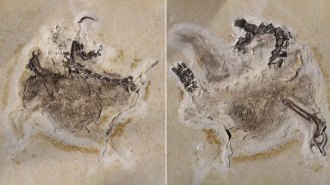 Paleontology
PaleontologyPaleontology has a ‘parachute science’ problem. Here’s how it plays out in 3 nations
When researchers study fossils from lower-income countries, they often engage in dubious or illegal practices that can stifle science.
-
 Space
Space50 years ago, cosmic rays may have caused Apollo astronauts to see lights
Apollo astronauts reported seeing flashes of light where there were none. Fifty years later, the flashes still mess with modern astronauts’ vision.
-
 Health & Medicine
Health & MedicineThe U.S. COVID-19 public health emergency is ending. What does that mean?
The declaration, made early in the pandemic, made tests, vaccines and treatments free to all. On May 11, the proclamation ends.
-
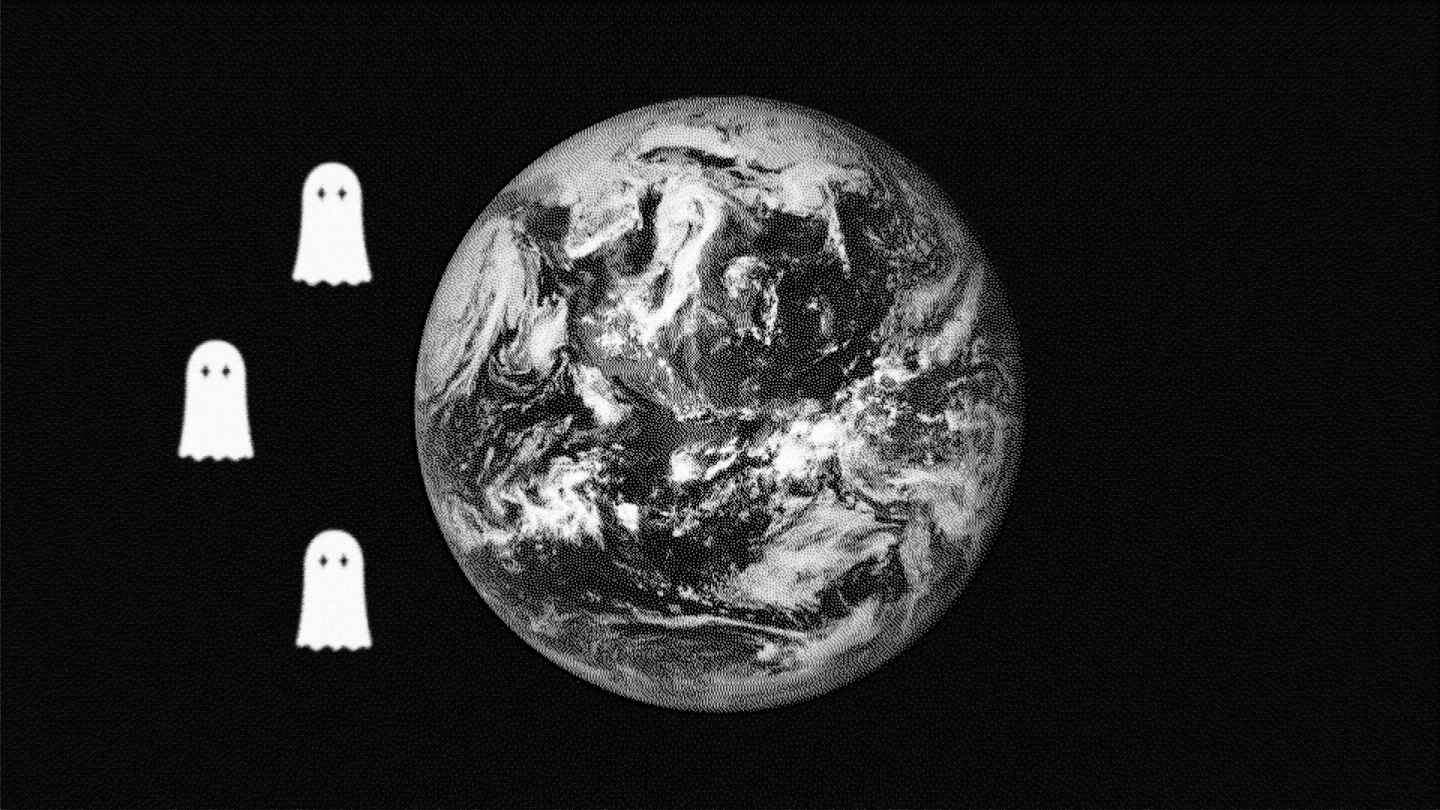 Particle Physics
Particle PhysicsHow ghostly neutrinos could explain the universe’s matter mystery
If neutrinos behave differently from their antimatter counterparts, it could help explain why our cosmos is full of stuff.
-
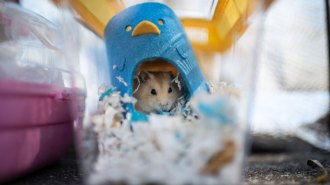 Animals
AnimalsSome hamsters are extremely susceptible to COVID-19
Golden Syrian hamsters used in research and popular as pets can become infected with SARS-CoV-2 with very low doses of the virus, a new study suggests.
-
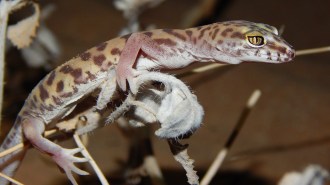 Animals
AnimalsHow a western banded gecko eats a scorpion
New high-speed video details how usually mild-mannered geckos shake and incapacitate their venomous prey.
-

-
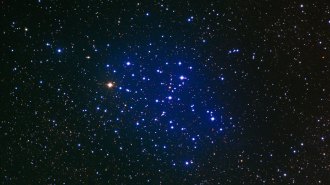 Space
SpaceHow do scientists calculate the age of a star?
There are a few different methods to determine the age of a star, but none are perfect.
-
 Archaeology
ArchaeologyTo find answers about the 1921 race massacre, Tulsa digs up its painful past
A century ago, hundreds of people died in a horrific eruption of racial violence in Tulsa. A team of researchers may have found a mass grave from the event.
-
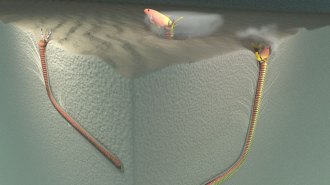 Life
LifeGiant worms may have burrowed into the ancient seafloor to ambush prey
20-million-year-old tunnels unearthed in Taiwan may have been home to creatures that ambushed prey similar to today’s monstrous bobbit worms.
-
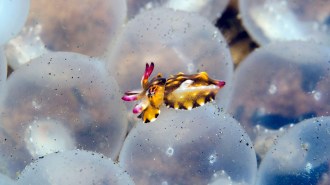 Animals
AnimalsFlamboyant cuttlefish save their bright patterns for flirting, fighting and fleeing
A new field study of flamboyant cuttlefish shows they don’t always live up to their reputation.
-
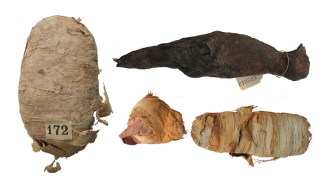 Archaeology
ArchaeologyX-rays reveal what ancient animal mummies keep under wraps
A new method of 3-D scanning mummified animals reveals life and death details for a snake, a bird and a cat.